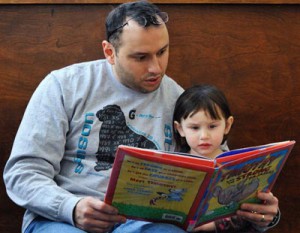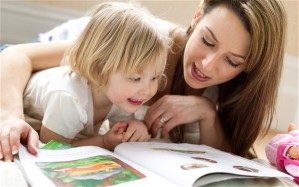 There are so many things that I, as a teacher, wish that people accepted regarding education. The list is, actually, endless: it lowers prejudice, it improves healthcare, it gains you respect, it makes your world safer, it makes you self reliant, it improves your confidence, it brings equality, it brings you money, it helps with economic growth, it turns your dreams into reality… (I could go on, but I think I have made my point). I have never heard someone say “I wish I wasn’t so damn well-educated!”
There are so many things that I, as a teacher, wish that people accepted regarding education. The list is, actually, endless: it lowers prejudice, it improves healthcare, it gains you respect, it makes your world safer, it makes you self reliant, it improves your confidence, it brings equality, it brings you money, it helps with economic growth, it turns your dreams into reality… (I could go on, but I think I have made my point). I have never heard someone say “I wish I wasn’t so damn well-educated!”
Now that we have accepted the above fact, that education is good for us, how do we go about getting one? Or more importantly, how do we make sure that our children get one?


Recent Comments